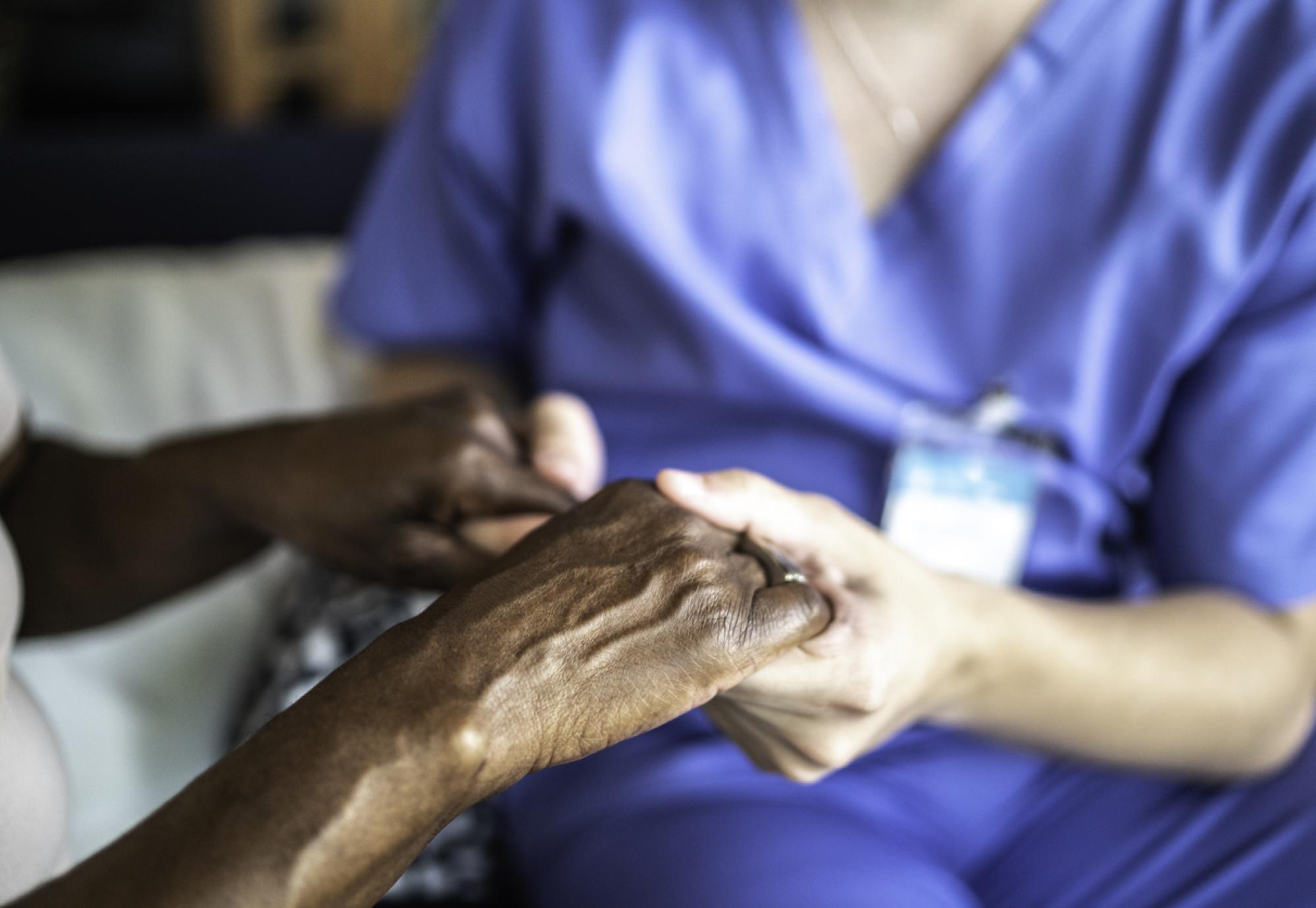University College London Hospitals NHS Foundation Trust and University College London are set to launch a new trial investigating whether a common type of cough medicine could be the key to slowing the progression of Parkinson’s disease.
Beginning early this year, the £5.5m trial will evaluate 330 people across 10-12 health settings to determine whether ambroxol can help Parkinson’s patients better live with the disease by benchmarking the drug against quality of life, movement, and other factors.
Ambroxol is one of the drugs being prioritised by the International Linked Clinical Trial initiative (iLCT), which is overseen in part by the UK charity Cure Parkinson’s – the organisation helping lead the trial.
The International Linked Clinical Trial programme’s mission is to test promising drugs that researchers have already accrued extensive amounts of data about to finds ways of ultimately slowing, stopping, and reversing the effects of Parkinson’s.
Professor Anthony Schapira, who as well as working at ULCH is Chief Principal Investigator of the trial, said: “I am delighted to be leading this exciting project. This will be the first time a drug specifically applied to a cause of Parkinson’s disease has reached this level of trial, and represents 10 years of extensive and detailed work in the laboratory and in a proof of principle clinical trial.
"The study design is the result of valuable input from people with Parkinson’s, leaders in the field of Parkinson’s, trial design and statistics from the UCL CCTU, the MHRA and a consortium of funders led by Cure Parkinson’s, all operating as an effective team to ensure we have reached this stage. We look forward to working with all these groups to ensure successful completion of the study.”
The Phase 3 clinical trial is following up on promising results from the Phase 2 trial that evaluated ambroxol’s ability to reach the brain and boost levels of a protein known as glucocerebrosidase, which helps cells remove waste proteins including one called alpha-synuclein – a protein that is thought to be key factor in the development of Parkinson’s.
Cure Parkinson’s CEO, Will Cook, added: “This trial is a big step forward in the search to find new treatments for Parkinson’s. Once the ambroxol trial is underway, it will be one of only six Phase 3 trials on public record of potentially disease-modifying drugs in Parkinson’s, worldwide.
“We at Cure Parkinson’s are working hard – through our efforts within the iLCT programme and in our fundraising efforts – to increase this number significantly in the next few years, to accelerate our progress towards a cure for Parkinson’s.”



















